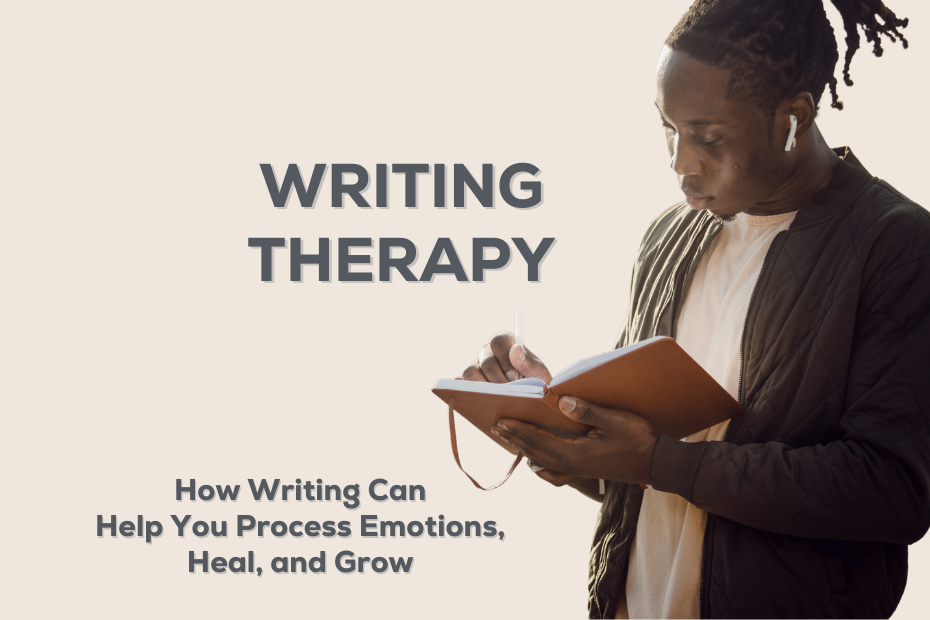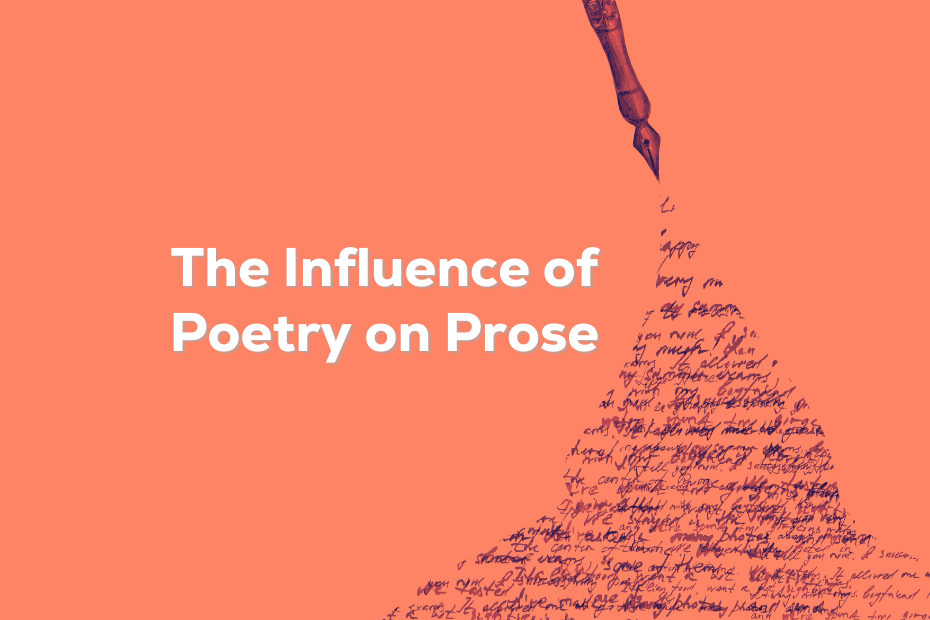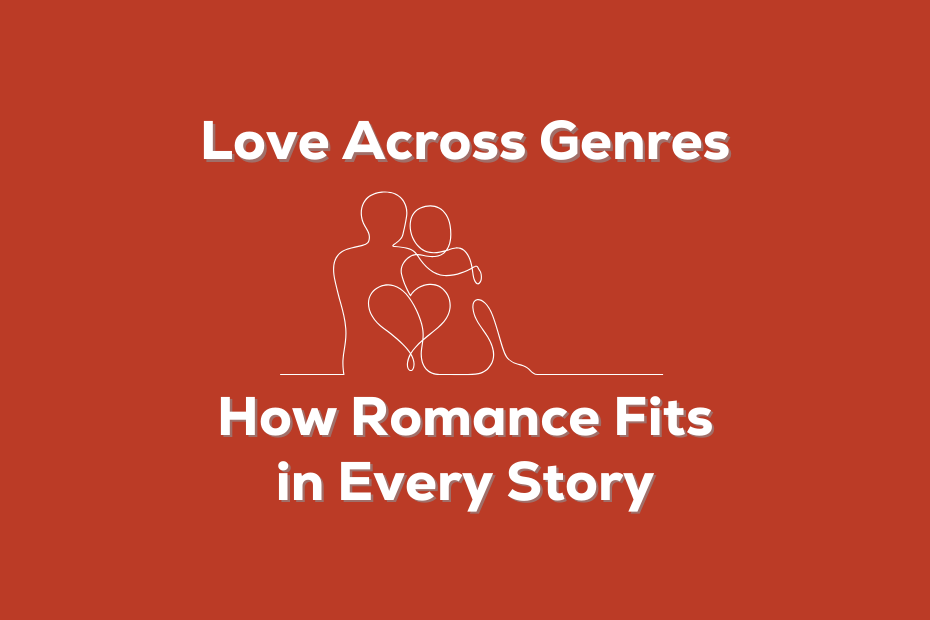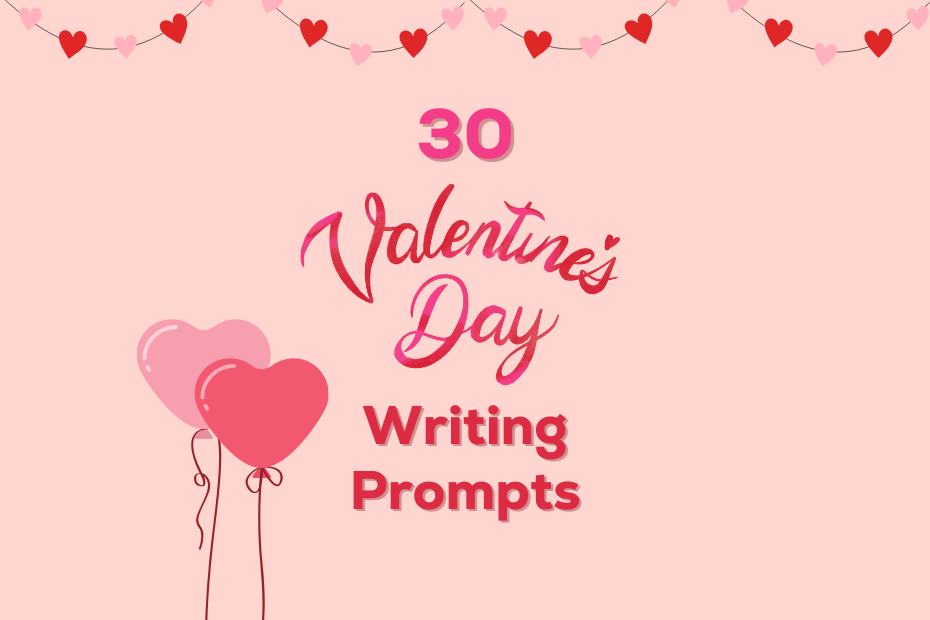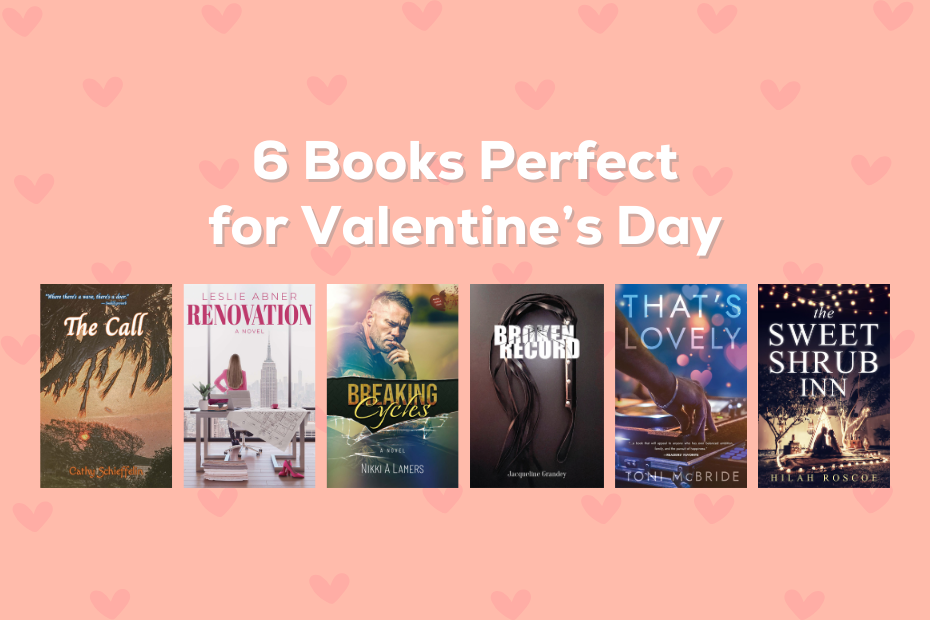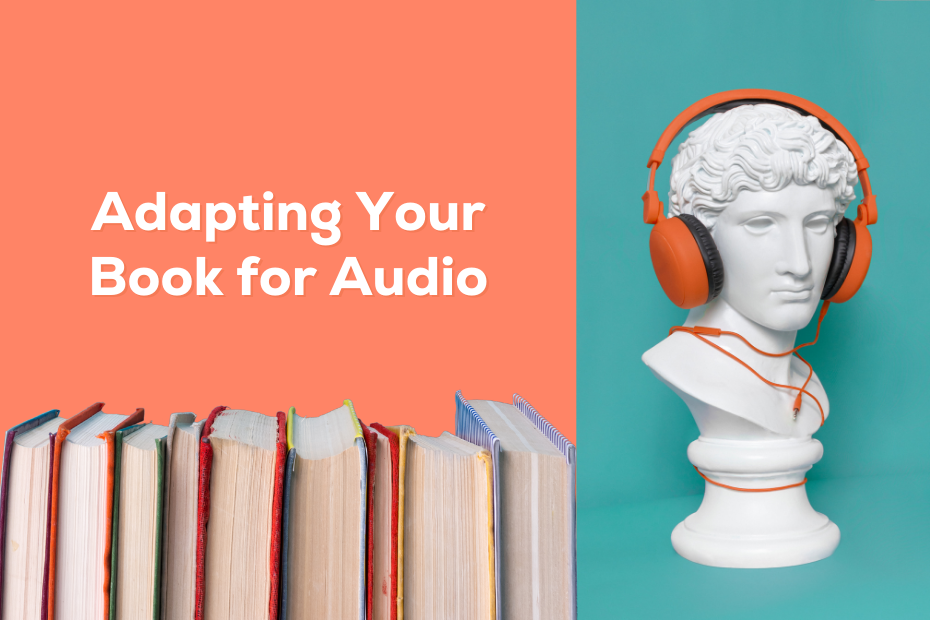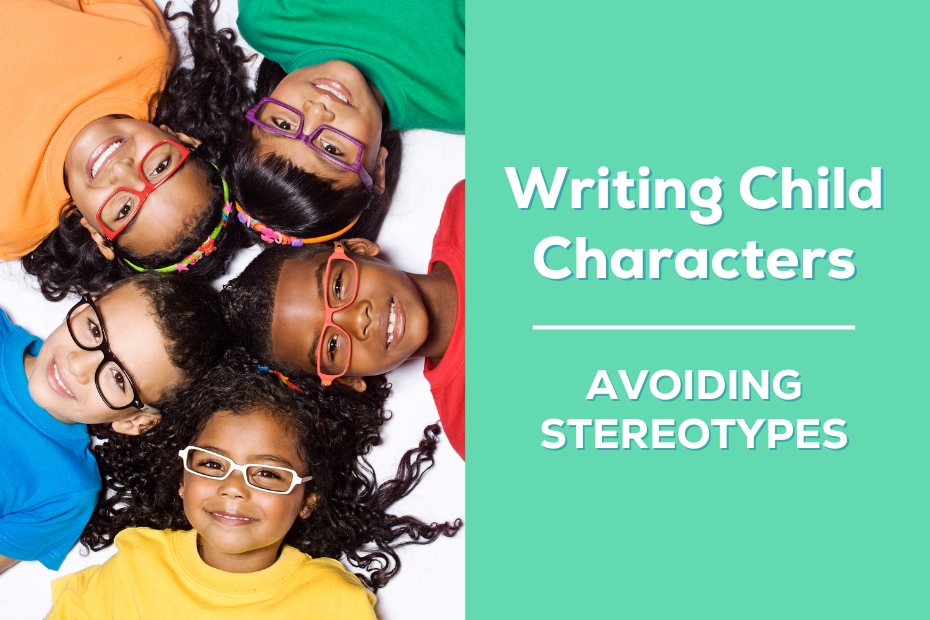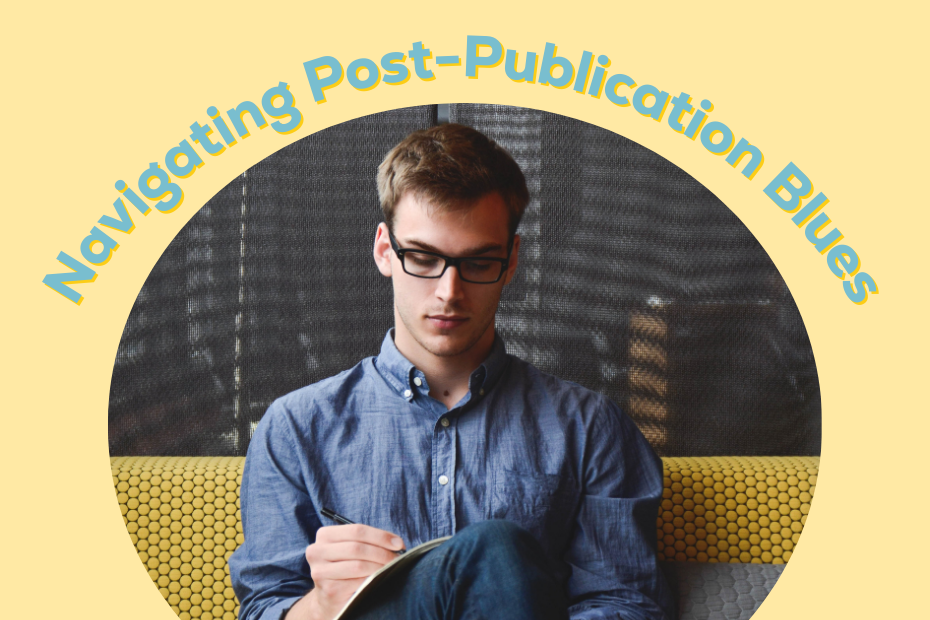As you work to develop your writing habits, remember that consistency is key—but so is flexibility! Life can be unpredictable, and maintaining a writing routine that adapts to the ebbs and flows of your schedule will help you stay energized and productive without burning out. By finding the right balance between discipline and relaxation, you can continue growing as a writer while preserving your passion for the craft.
Articles for authors like you
Advice for Writers
The Healing Power of Words: Writing Therapy and Why It Works
Writing therapy, sometimes called expressive writing, is the practice of using the act of writing to work through emotions, thoughts, and life experiences. Unlike traditional writing, which may focus on conveying information or telling a story, writing therapy is rooted in emotional exploration. It’s about using words to express feelings that may be difficult to communicate otherwise, often leading to greater clarity, emotional release, and self-discovery. This therapeutic practice can take many forms, from journaling to writing letters or creating stories, and it can be used in both personal and clinical settings.
The Influence of Poetry on Prose: Romantic Writers Who Use Poetic Language
When writers layer their prose with the lyrical quality of poetry, the emotions hit differently. It’s not just about telling a story; it’s about making the reader feel every word, every moment, and every beat of the heart. That’s where poetic prose comes in—especially in emotionally driven narratives. By infusing prose with the essence of poetry, writers can elevate their stories, making them both timeless and deeply personal.
Love Across Genres: How Romance Fits in Every Story
Romance doesn’t always need to be the central focus of a novel; it can subtly weave its way into genres like science fiction, fantasy, thriller, or historical fiction, adding depth and emotional resonance. After all, love permeates our everyday lives—it’s a driving force in our relationships, decisions, and even our struggles. So, why shouldn’t romance also be an underlying force in books?
Valentine’s Day Writing Prompts
Valentine’s Day is a celebration of love, affection, and connection. As a writer, it’s an opportunity to explore the multifaceted nature of love through your craft. Whether you’re aiming to pen a heartfelt poem, a short story, or a personal essay, the following prompts are designed to ignite your imagination and deepen your understanding of love in its many forms!
6 Books Perfect for Valentine’s Day Reading
Whether you’re a reader in search of a memorable love story or a writer aiming to perfect your craft, this curated list of novels offers a wealth of inspiration. Let’s explore six unforgettable titles that will not only entertain but also provide invaluable lessons on how to make your writing—especially romance—come to life.
Adapting Your Book for Audio
In recent years, the audiobook market has experienced explosive growth, with millions of listeners turning to audiobooks as a convenient and immersive way to experience stories. For authors, this presents an exciting opportunity to reach a wider audience and enhance the impact of their work. However, adapting your book for audio format requires more than simply turning pages into sound.
Writing as a Second Act: Becoming an Author Later in Life
Starting a writing career and aspiring toward becoming an author later in life might feel intimidating, but it’s a thrilling, rewarding adventure. You don’t have to follow a conventional path to become an author. Whether you’ve spent years honing your craft or you’ve just recently discovered a passion for storytelling, it’s never too late to dive into the writing world!
Writing Authentic Children: Avoiding Stereotypes and Precociousness
Creating young characters that feel real is a delicate balance. While it’s tempting to make them stand out by adding unique qualities, it’s important to resist making them overly precocious or stereotypical—doing so can strip them of their genuine, relatable qualities, making them feel more like a plot device than a fully realized character. Writing child characters that resonate requires a careful balance of age-appropriate traits and emotional depth to avoid falling into the trap of making them overly mature or one-dimensional.
Navigating Post-Publication Blues: Moving Forward After Release
As writers, the dream of seeing our work published is a monumental milestone. We pour so much of ourselves into our books, and when the moment finally arrives, it’s exhilarating. But once the excitement of publication fades, some authors find themselves experiencing, shall we say, the post-publication blues.




